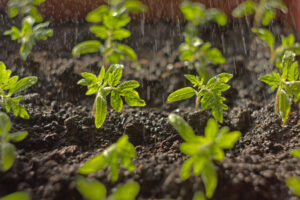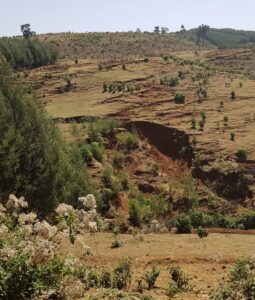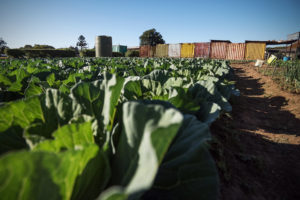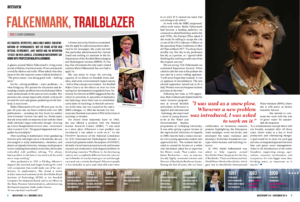Stockholm Water Front No 1 2017
In our last issue in 2016 we published an opinion piece which argued that increased, and more efficient, rain water harvesting is the only chance we have of achieving Sustainable Development Goal 2 (End hunger, achieve food security and improved nutrition and promote sustainable agriculture) by 2030. In this issue, we take a look at efforts on the ground. Do the theories hold? What works, and what doesn’t?
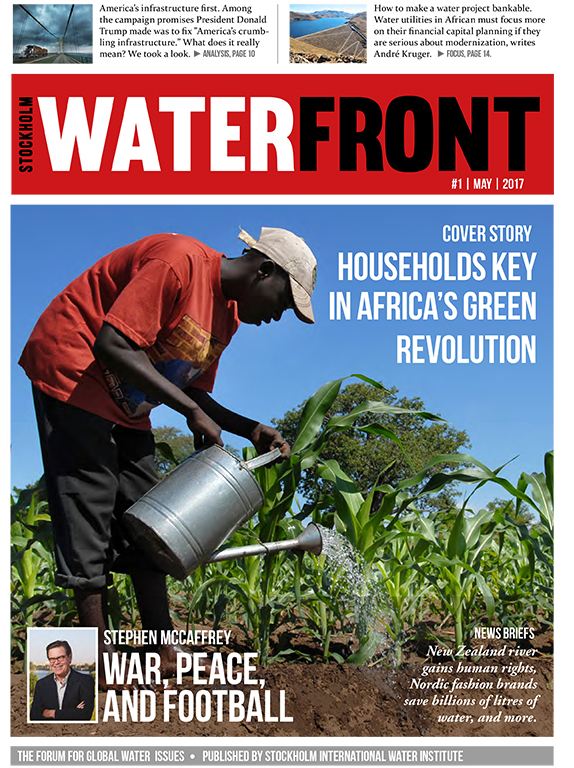
In the global water, environment and development communities, we have learnt about large uncertainties or cut backs from the current US administration. But what plans does president Trump have for the US national water infrastructure?
Summary

In our last issue in 2016 we published an opinion piece which argued that increased, and more efficient, rain water harvesting is the only chance we have of achieving Sustainable Development Goal 2 (End hunger, achieve food security and improved nutrition and promote sustainable agriculture) by 2030. In this issue, we take a look at efforts on the ground. Do the theories hold? What works, and what doesn’t?
In the global water, environment and development communities, we have learnt about large uncertainties or cut backs from the current US administration. But what plans does president Trump have for the US national water infrastructure?
The 2017 Stockholm Water Prize laureate, Professor Stephen McCaffrey, is one of our greatest authorities on international water law, and also helped develop the human right to water concept. But why did he decide to focus on water? And does he think there is any hope for fair sharing of freshwater in the future?
“Bankable” has become a buzzword in water programming. What does it really mean, and if it so important, how does one make a project bankable? We turned to the experts.
